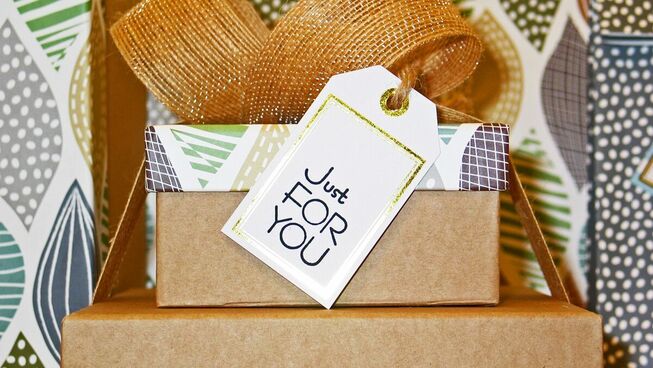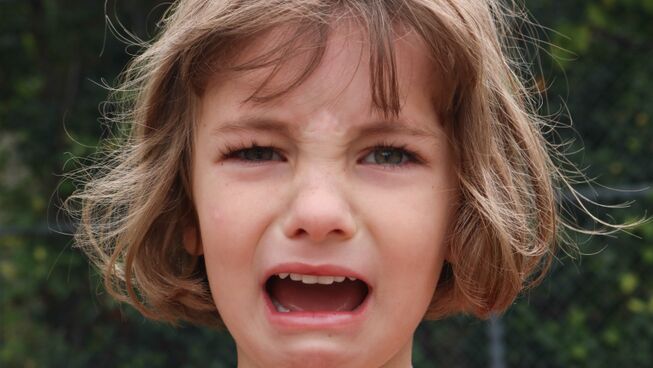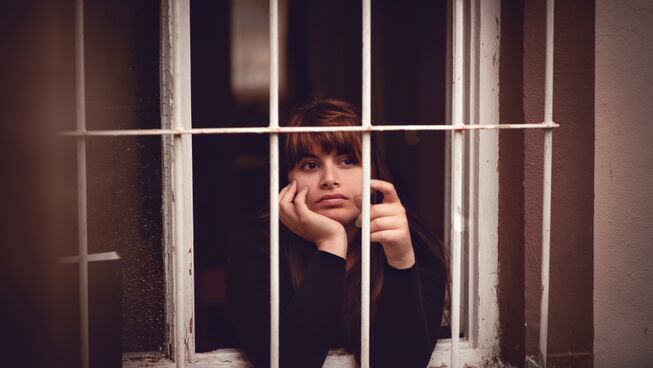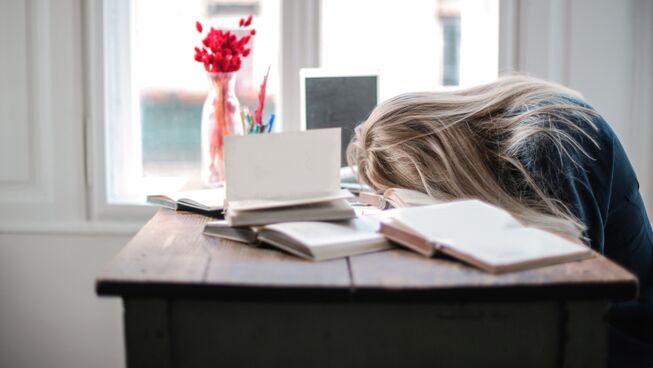Feeling uneasy about life after lockdown?

Feeling a sense of unease about life after lockdown? It’s called “social anxiety”. Some practical steps can help with the transition – as will understanding what these social connections mean to us.
“Social Anxiety”
For many of us, 2021 has been the year of the lockdown (or the fear of lockdown). Recently I’ve been thinking about what life will be like when this is over. I must admit that I feel ambivalent at the prospect of extensive interaction with real people again. I’d like to see my co-workers, but at the same time I’m nervous about returning to the office. I’d love to resume our family’s practice of Sunday night dinners, but I do wonder whether I’ve lost some of the art of conversation. The prospect of extensive interaction with real people again is…exhausting.
I know I will be able to push past these concerns. They are just little niggles at the back of my mind.
A work colleague living in lockdown in another State told me she and her young daughter took a rare excursion outside the home (wearing masks). Her daughter said to her: “Everyone is looking at me”. Adjusting to the presence of real people again is confronting in different ways.
The experts have a name for it: “social anxiety”. Because we have been living our lives for months siloed away online, we have missed many of the essential face-to-face experiences that are key to human lives.
According to these experts, this kind of post-isolation anxiety used to be suffered by people who re-entered civilian life after prison or wartime deployment, or who had been away on humanitarian aid work or remote expeditions. The difference here is that we are all going through this together, with all of us affected to varying degrees. For some, the transition back to the office will be stressful (thinking particularly of those who developed a mental health condition over the course of the pandemic, or whose existing disorders where exacerbated by prolonged periods of fear and isolation). Experts say it could lead to panic attacks, disassociation, flashbacks or general anxiety and may require help from a mental healthcare professional.
Here’s a sobering thought: we won’t necessarily be getting over “social anxiety” anytime soon. Experts are saying there “will be a lasting societal legacy around intimacy, the noise that comes with returning to school, the complexity of the playground and of work.” This is the “social recession” that came with the pandemic.
How to re-learn real-life relationships
The experts suggest:
1. Give yourself permission to set small, achievable goals.
This means I don’t need to be “all in” straight away. When an activity represents multiple challenges like greeting people, sharing a meal, and small talk, it’s ok to take small steps.
2. Accept that other people are going to have different responses to you.
In my case, I should be kinder to others.
3. Accept that certain activities might feel tough for a while.
I should also be kinder to myself.
4. Recovering doesn’t mean you have to go back to the way you were before.
I’ve decided I don’t just want to rush back to my previous existence as soon as restrictions ease. I want lockdown to have taught me something.
5. Re-educate yourself.
I’ve been thinking: Will I remember to maintain eye contact? Will I talk over people? Will I get the timing of a joke wrong? What if I give an awkward hug? Still, this is how we make connections.
6. Plan something for the future.
My family is planning a holiday. It doesn’t generate social anxiety for me, like it would of in the past, because that holiday represents hope.
The challenge of real-life relationships
I’ve been reflecting on my “social anxiety”. For me, it’s about more than being out of practice with social skills. It goes deeper than that. I’m anxious about extensive interaction with real people again because I’ve realised how much I depend on other people to validate how I feel about myself – and how fragile that is.
Just before lockdown, I noticed that I had started to feel on the “outer” at staff meetings. And around that time a friend said something that made me question their commitment to our friendship. Both situations made me feel a little undervalued, both professionally and personally. I didn’t think about either of these situations during lockdown, because online life created a buffer. But now that “re-entry” is on the cards, I’ve been reminded of how “messy” relationships are.
And so I want to take the remainder of lockdown to re-think how I relate to the world. I still want to care what other people think of me (I am human after all!) but I don’t want to outsource my value like I did before.
Jesus says: “Therefore I tell you, do not worry about your life, what you will eat; or about your body, what you will wear. For life is more than food, and the body more than clothes. Consider the ravens: They do not sow or reap, they have no storeroom or barn; yet God feeds them. And how much more valuable you are than birds!” [Luke12: 22-24]
As a follower of Jesus with slight “social anxiety” I find these words comforting. In the things that really matter, God will provide for me, because I am valuable to him. I am valuable to him because in a few short years of uttering these words, his precious son Jesus went and bled on a cross for me.
What will that mean as I go back to the office and resume friendships? I don’t need to outsource my value like I did before – because I already have value. If I’m not so focused on what I get from relationships, then I can be kinder to myself. I may make a hash of things as I dust off my social skills but that’s ok. And if I’m not so focused on what I can get from relationships, then I am freer to give. And relationships tend to work better that way.
If you’re feeling a sense of unease about life after lockdown, the good news is you’re not alone. Practical steps can assist with the transition. But it’s in understanding what those social connections mean to you – and re-orientating that thinking – where the biggest gains can be made.






